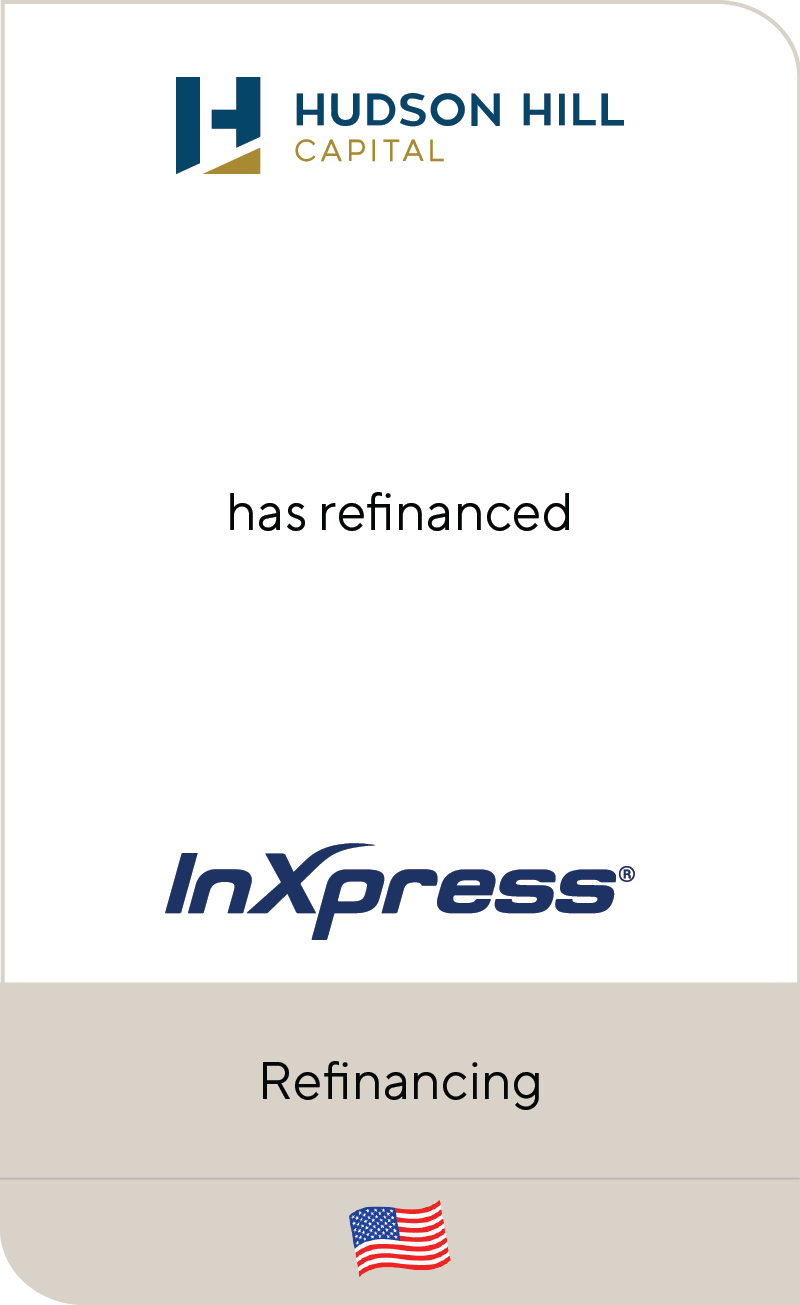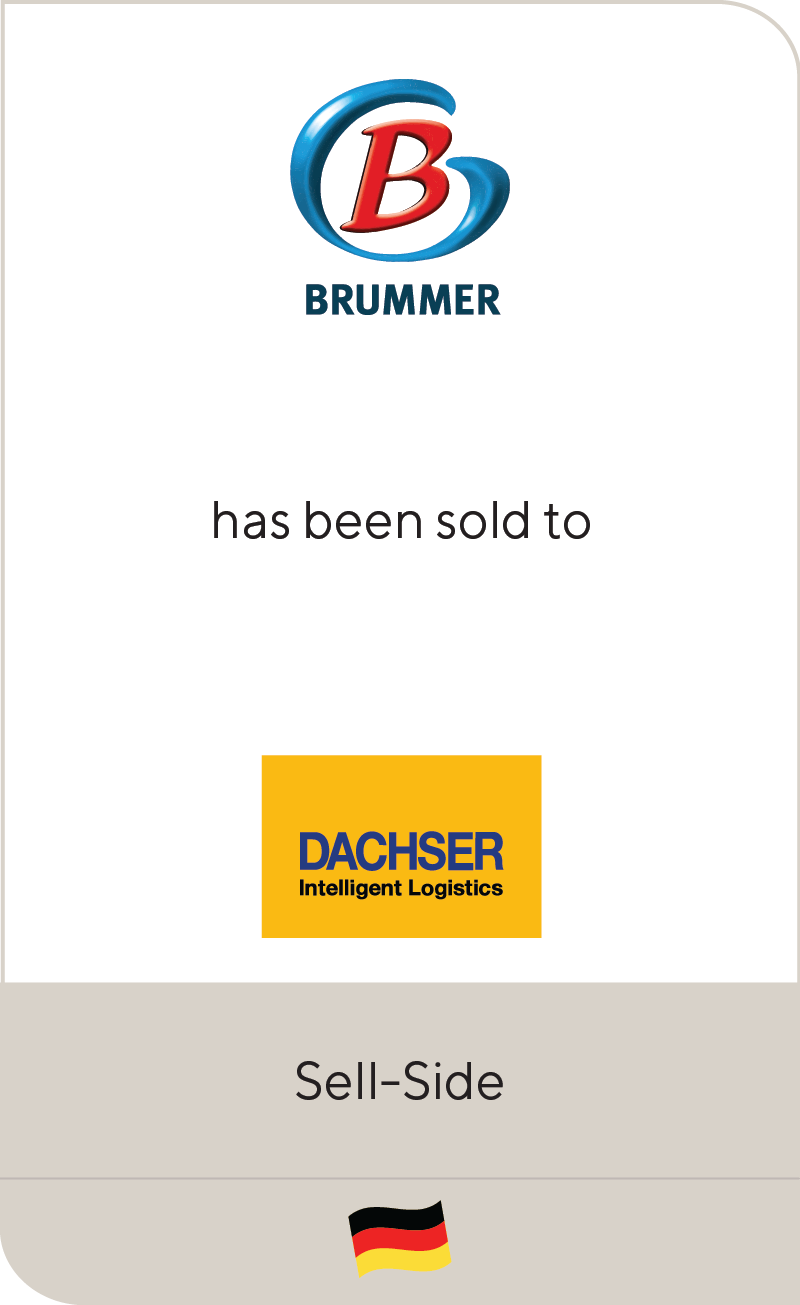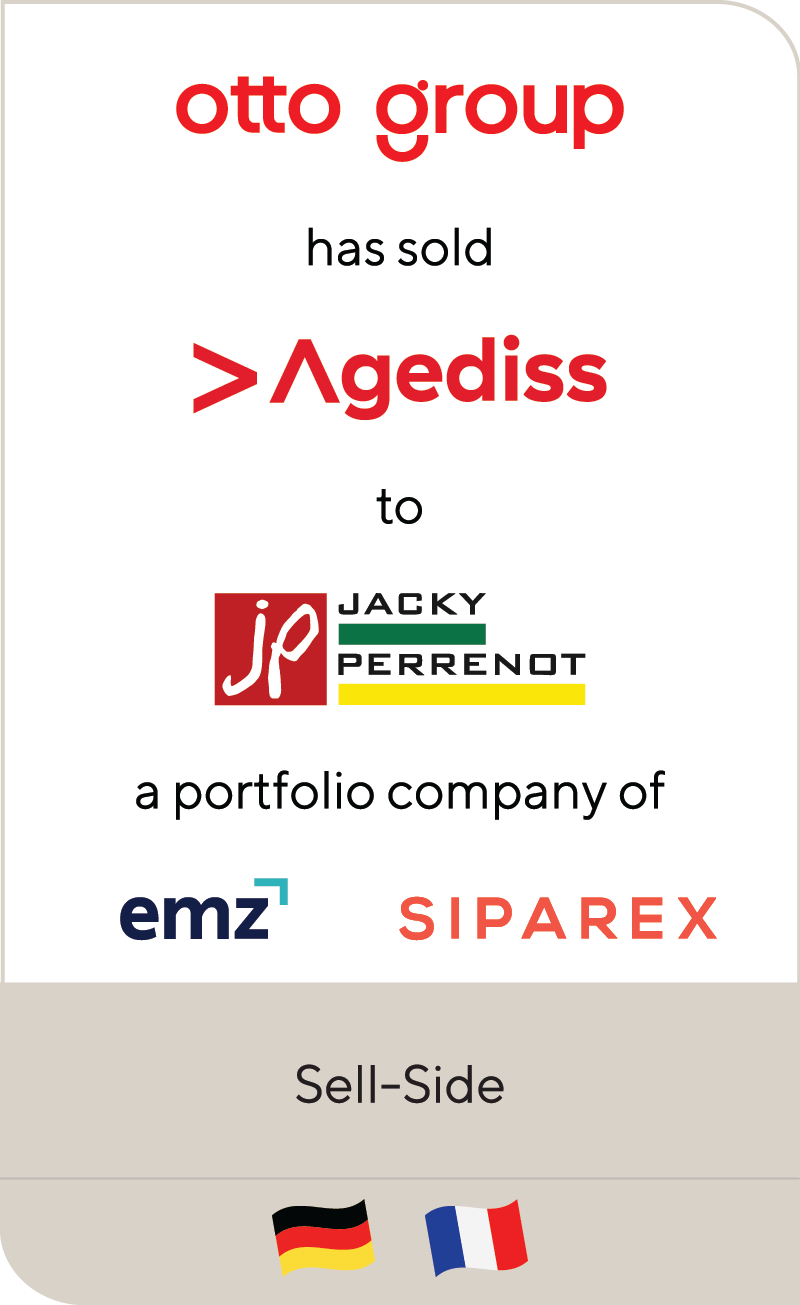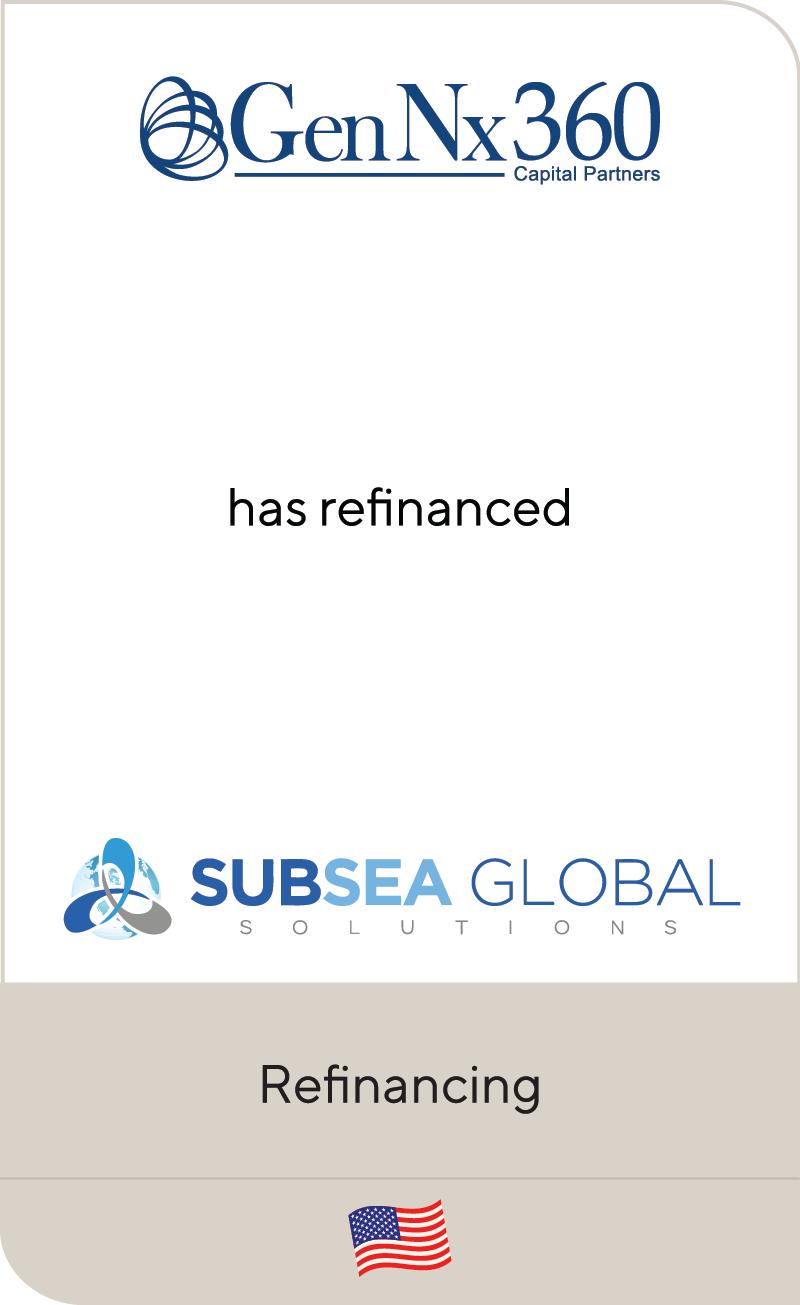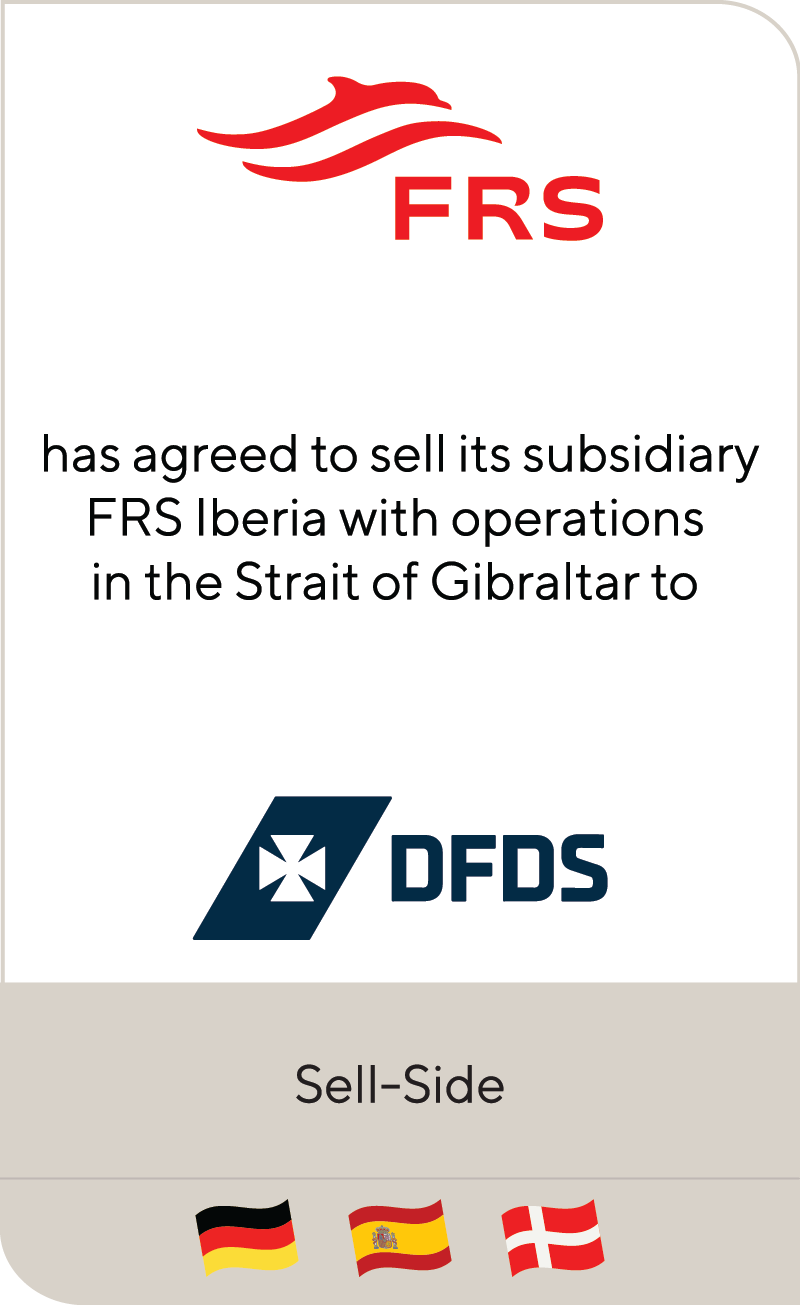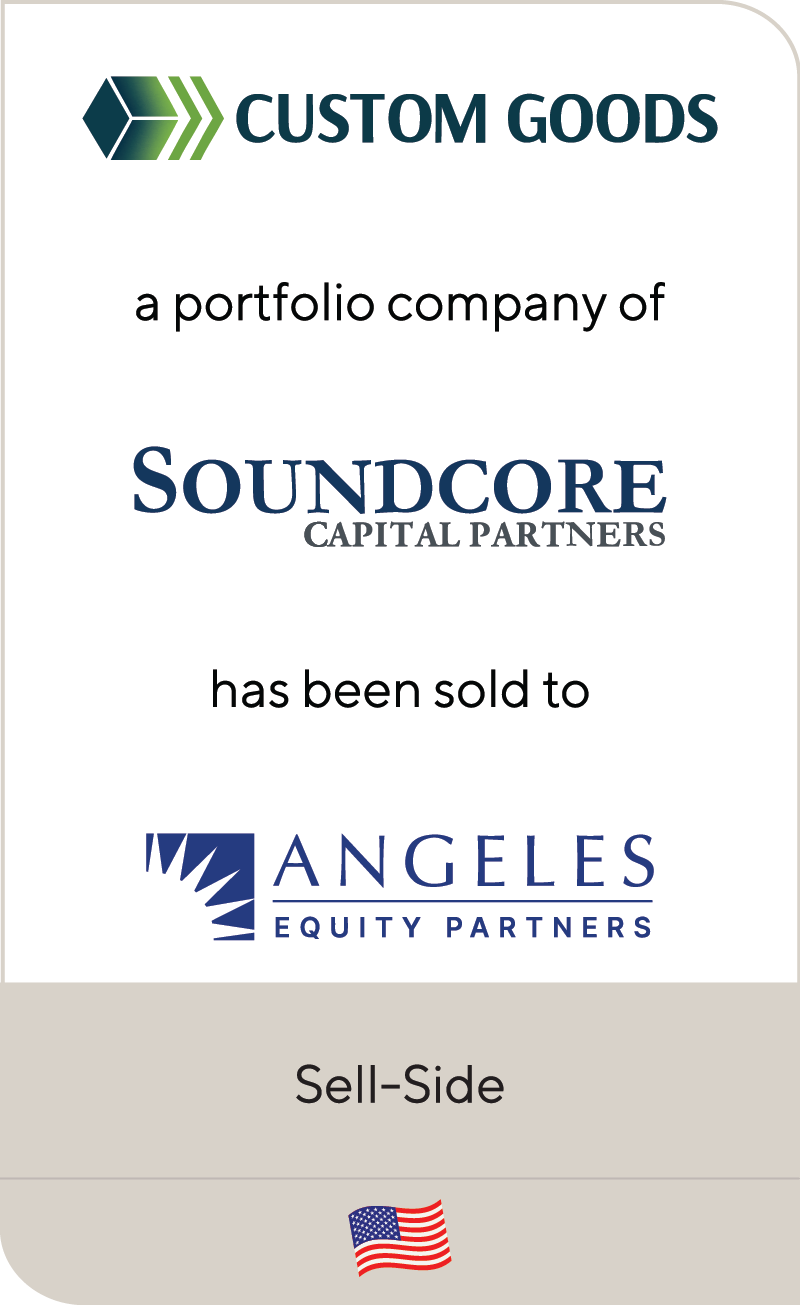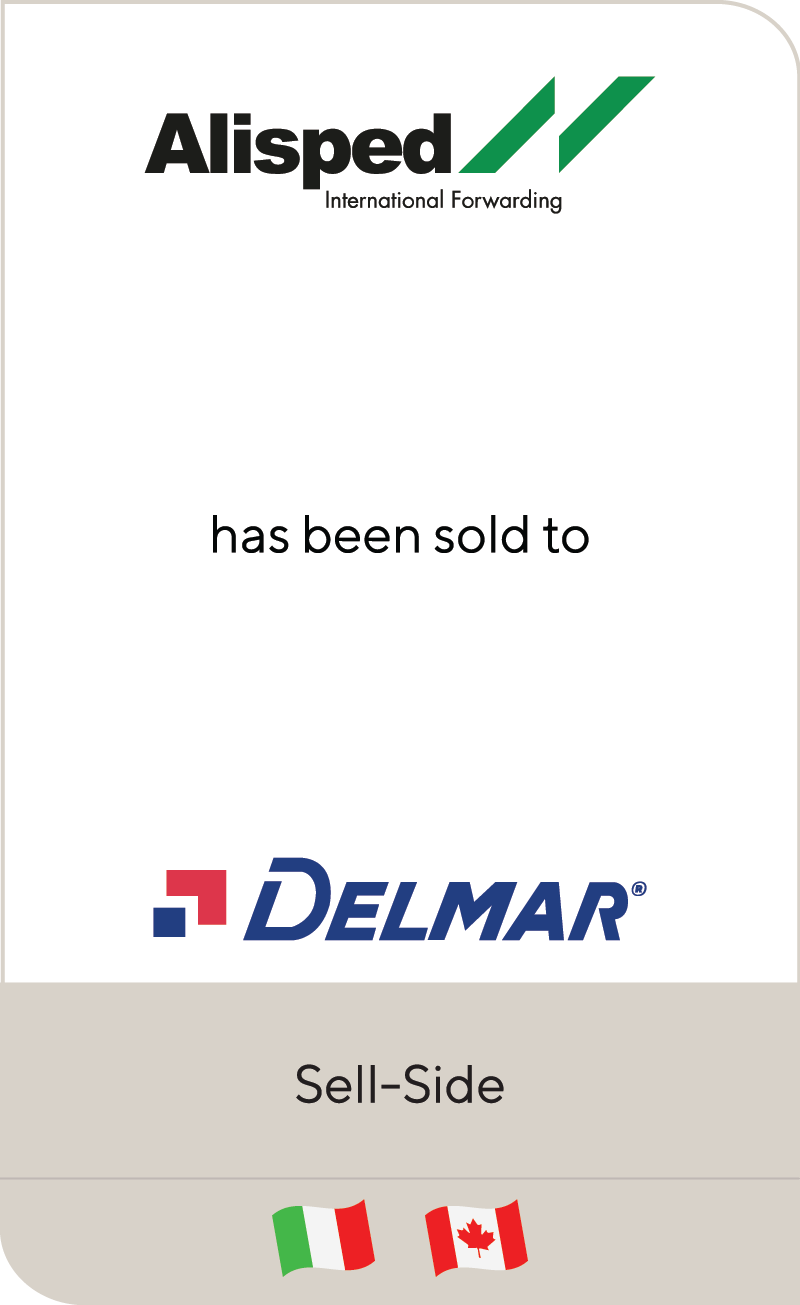The Loadstar | Mid-Year M&A Snapshot: Contract Logistics in the Driving Seat
Jul 2024
Originally posted by The Loadstar on July 19, 2024.
Following stable demand during 2023, the contract logistics sector is expected to increase by over 4% globally in 2024 in real terms. This growth extends to Europe (0.2% to 1.0%) and North America (1.6% to 3.8%), according to Transport Intelligence (Ti) projections.
Summary
-
Lincoln International's Dirk Engelmann and Gaurang Shastri discuss the state of the transportation and logistics market.
- Sign up to receive Lincoln's perspectives
Besides the resiliency of demand and visibility provided by multiyear contracts, several other factors are fueling M&A activity including (i) 3PL’s ongoing push to offer differentiated end-to-end capabilities; (ii) shippers / BCOs’ desire to reduce complexity by working with fewer logistics providers; (iii) strengthening global e-commerce activity returning to pre-pandemic near double-digit annual growth and (iv) strategics seeking to increase exposure to attractive end markets including food and beverage and healthcare.
Notable strategic transactions include:
- GXO’s acquisition of UK-based Wincanton to expand capabilities and presence in key growth verticals
- bpost’s €1.2bn takeover of Staci to enhance its offering of flexible high-value logistics and expand its international presence
- Ryder’s acquisition of Cardinal Logistics to bolster transportation capabilities and gain greater economies of scale
- Germany-based Dachser’s purchase of cross-border specialist Brummer to strengthen its pan-European food logistics particularly in Central and Eastern Europe
- SG Holding’s planned acquisition of Chilled and Frozen Logistics to combat labor shortages
Private equity firms continue to be drawn to the sector, as evidenced by I Squared Capital’s purchase of WOW Logistics in the U.S. in March, EQT Infrastructure’s acquisition of Constellation Cold Logistics in Europe in June, and KKR-owned Logisteed’s €1.2bn purchase of its Japanese domestic electronics contracts logistics rival, Alps Logistics.
Looking ahead to 2025, the contract logistics M&A outlook remains positive. While consolidation drivers persist, we also expect sales activity to accelerate once stronger performance in 2024 allows for more favorable year-on-year comparisons and longer-term growth outlook.
Muted deal activity in road freight…
The significant reduction of consumer demand following the pandemic created excess carrier supply in North America and Europe. U.S. road transport volumes fell by -8.6% (CSMP) and European road freight demand declined by -2.1% in real terms and -5.8% in nominal terms (Ti) in 2023. Lower demand and collapsing freight rates, especially for general cargo, led to capacities exiting the market. CSMP estimates that around 1,500 freight brokers and 25,000 carriers left the US market last year and expects the trend to continue in 2024.
The picture is similar in Europe. Transporeon’s European road freight capacity index decreased for four months in a row to the end of April, falling by 3.6% year-on-year, with the index dropping below 100 (99.58) for the first time since November 2022 (a reading under 100 indicates a capacity constrained environment). Whilst the index continued to fall in May (94.67), the June increase (96.10) is interpreted as a signal of weaker demand. Overall this has led to spot prices in June contracting -1.7% vs. May and contract prices still up of 0.4% vs. the prior month. However, compared to the previous year, both spot prices and contract prices per June 2024 were up by +12.6% and +4.0%, respectively. Spot prices rising faster than contract prices points to volume growth in H1 2024 still supporting projected road transport volume expansion in Europe of +1.6% per recent Ti estimates for the full year.
2024 YTD road freight M&A has been modest. The standout deals in Europe and the U.S. were DFDS’ €500m acquisition of EKOL’s international transport network between Europe and Turkey, and RXO’s $1bn June purchase of UPS’s digital freight brokerage operator Coyote, creating the third largest U.S. road freight broker. In addition, NFI Industries announced the acquisition of the brokerage business of Transfix in June. The timing of RXO’s purchase may signal a more positive outlook for M&A in this market segment heading into 2025.
Green intermodal transport M&A is picking up again in Europe. Key transactions include: the joint venture between CMA CGM and Italy’s GTS; Berlin-based digital road transport platform sennder’s partnership with Italy’s Mercitalia; HHLA’s majority stake in Austrian intermodal forwarder Roland and combined transport specialist Cargobeamer receiving a €140m funding from a consortium of Nordwind Venture and German and Swiss authorities for building new transloading terminals in Germany and Italy.
… and forwarding, despite improving air & ocean rates and volumes
Air and ocean freight markets have seen volume growth and increasing freight rates. Re-routing of Asia-Europe ocean freight around the Cape of Good Hope because of the Red Sea crisis is driving up freight rates to levels not seen since August 2022. With ocean freight volumes holding up YTD and expected to increase around 5% in 2024 (Accenture Cargo), many market observers anticipate rates have not peaked and could continue increasing into 1H 2025. Global air freight volumes have also increased y-o-y every month since September 2023 and are up +14% for May 2024 (DHL). Strong air freight demand reflects sustained e-commerce expansion, especially from China to Europe and North America, maritime shipping disruptions and rising demand for high-tech, perishables and consumer goods.
Despite the positive market conditions, there has not been significant M&A in international freight forwarding so far in 2024. Observed transactions are mainly small- and mid-sized deals including PE consolidation platforms such as CVC’s Scan Global acquiring Italy-based Foppiani and Brazil-based Blu Logistics; Littlejohn’s Imperative Logistics (AKA Magnate Worldwide) purchasing U.S.-based Quality Air Forwarding, or strategic bolt-ons such as Yusen’s acquisition of UK-based Global Freight Solutions.
Whilst we expect smaller bolt-ons to continue in the fragmented forwarding industry, we note increasing appetite in larger platforms with international air and ocean capabilities. We expect particular interest in these targets not only from the large listed western 3PLs and shipping lines but increasingly also from Japanese forwarders to deliver on their ambitious international expansion targets. Recent reports about participants in the auction process for DB Schenker suggest that state-owned Middle Eastern enterprises and / or state funds can be expected to pursue medium to large forwarding targets in Europe and / or North America. Key motives for this well-funded group of potential acquirers include supporting the expansion plans for their domestic logistics hubs and / or the pursuit of integrator strategies. Elevated freight rates for longer than expected, largely because of geopolitics, may facilitate such deals as PE and private owners consider exits again sooner, hoping to capitalize on increasing earning levels.
Parcels and last-mile M&A benefit from e-commerce volume growth
After a year of relatively slow M&A activity in 2023, parcel and e-commerce-related last-mile logistics have seen notable recent M&A activity driven by an improved e-commerce outlook. The most prominent deal of the year is EP Group’s €6bn-plus takeover of International Distribution Services, owner of the UK’s Royal Mail and international parcel and express services provider GLS Group. However, the transaction is still pending due to outstanding shareholder and regulatory approvals with closing possible in 1Q 2025, after which there may be renewed speculation about EP’s plans for GLS Group.
CVC and Emma Capital, which entered the last mile and e-commerce parcel space with the acquisition of Czech-based Packeta at the beginning of the year, have expanded the group’s footprint in June with the purchase of Hungarian parcel locker operator Fox Post.
We also expect continued consolidation in bulky and oversized last-mile logistics. The segment experienced strong growth during the pandemic but came under subsequent pressure, creating the need for improved network density and market consolidation to drive efficiency and improve pricing power. Recent U.S. deals include Pritzker-owned ADL Final Mile’s acquisition of Sonic Systems’ home delivery activities and Hub Group’s purchase of Forward Air Final Mile.
Notable European transactions took place in France where EMZ Capital’s Jacky Perrenot acquired domestic rival Agediss from Germany’s Otto Group and Rhenus Logistics announced a minority investment in Geopost’s big and bulky subsidiary C Chez Vous. In Switzerland, family-owned Planzer Group entered the e-commerce parcel segment with the acquisition of Quickpac and Quickmail.
We expect further consolidation driven by the strong long-term outlook for e-commerce volume growth. This applies for specialized services that offer advantages over incumbent standard parcel delivery networks. In addition, we also see continued interest in differentiated providers of time-critical and specialty logistics both from private equity and strategics. Companies operating in resilient end-markets such as healthcare or spare parts, or with scope for global scaling will be in particular demand. Recent deals reflecting this trajectory include Japanese Yusen’s acquisition of Parts Express, a mid-sized Belgium-based provider of aftermarket service parts logistics, and an investor group targeting listed, Sweden-based Jetpak, a mid-sized provider of time-critical B2B air and group express deliveries in the Nordics.
Overall, the outlook for logistics M&A is cautiously optimistic. Contract logistics is leading the charge with robust consolidation, while the freight forwarding and freight brokerage sectors are poised for a potential catch-up in 2025. LSP’s exposure to resilient endmarkets requiring differentiated skills and assets, such as pharma, medtech and food will remain in focus for both large 3PLs and private equity. Stabilizing fundamentals should drive potential private owners and financial investors to revise exit plans.











